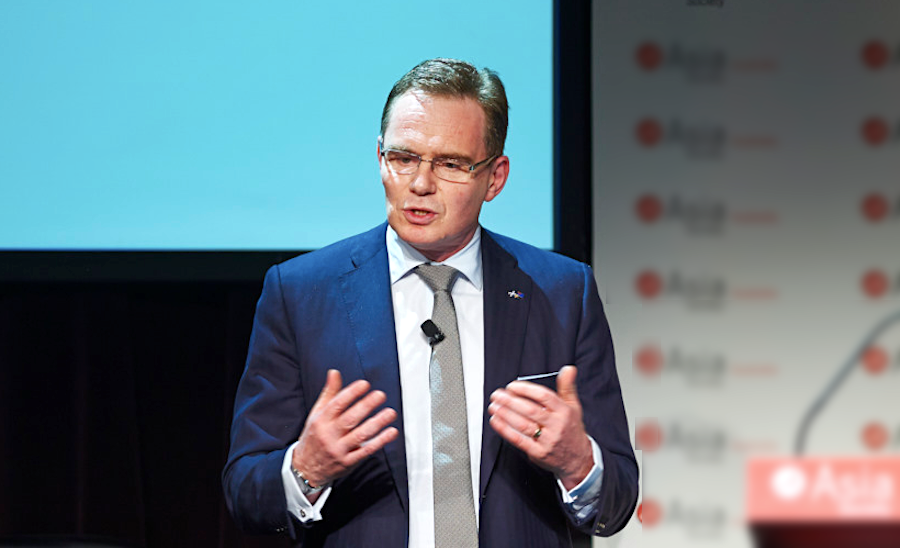
Activist investor Elliott has embarked on an international tour of BHP Billiton’s biggest shareholders as it presses ahead with its campaign to force a radical shake-up of the FTSE 100 mining giant, sources familiar with the matter told Reuters.
Representatives from Elliott have in the last month met with major BHP investors based in London, South Africa and Australia to lay out the activist fund’s arguments for an overhaul of the miner, the two sources said.
In the meetings, Elliott has reiterated its view that BHP should scrap its dual listing structure by abolishing its British company, the people said.
BHP and Elliott declined to comment.
The meetings come as the miner prepares to hold its London annual general meeting (AGM) on Oct. 19 and its Sydney AGM on Nov. 16.
While Elliott has met with other investors regularly since it launched its BHP campaign earlier this year, this is the first time it has visited South Africa since it began agitating for change at the company, according to one of the sources.
South Africa-based Public Investment Corporation, which manages South African government employee retirement funds, is the fourth biggest shareholder in BHP’s London-listed stock, according to Thomson Reuters data.
Elliott’s latest tour of investors also included revisiting shareholders it met with earlier in its campaign.
It comes after Elliott increased its stake in the Anglo-Australian miner to 5 percent in August, in a sign the hedge fund was ramping up its campaign at the resources company.
Pressure has been building on BHP and its Chief Executive Andrew Mackenzie since April, when the activist first went public with its criticisms of the miner’s strategy and revealed it had built a 4.1 percent stake.
In June, Elliott said that a number of BHP investors including Schroders Investment Management and Tribeca backed its calls for a change of strategy at the resources company.
Since then, BHP has bowed to shareholder pressure for a shake-up by announcing it will sell its loss-making U.S. shale oil and gas business. It is also considering offloading a stake in its Canadian potash project, an underdevelopment mine that has been criticised by Elliott.
However, these moves have fallen short of meeting Elliott’s more far-reaching demands. These include dropping BHP’s dual listing company structure in the UK and Australia, which the activist has called “value-restrictive and obsolete”, and revamping the way the miner allocates capital.
Still, the activist has welcomed the appointment of Ken MacKenzie, who became BHP’s chairman last month and whose selection the hedge fund has described as a “constructive step”.
MacKenzie said in BHP’s recent annual report that he was “bringing a fresh perspective to management’s ongoing process of reviewing the portfolio”.
(Reporting by Ben Martin; Editing by Susan Fenton)